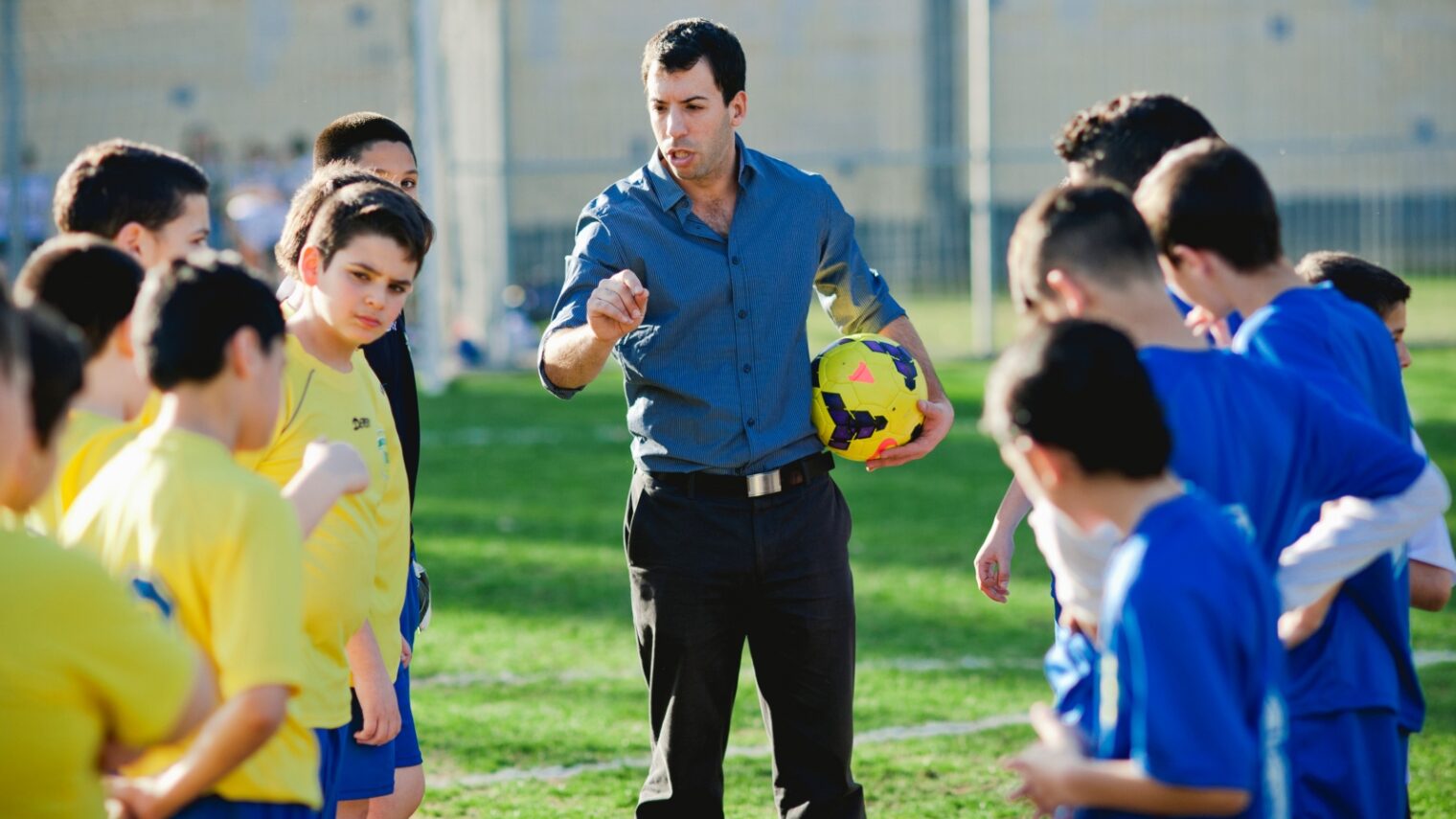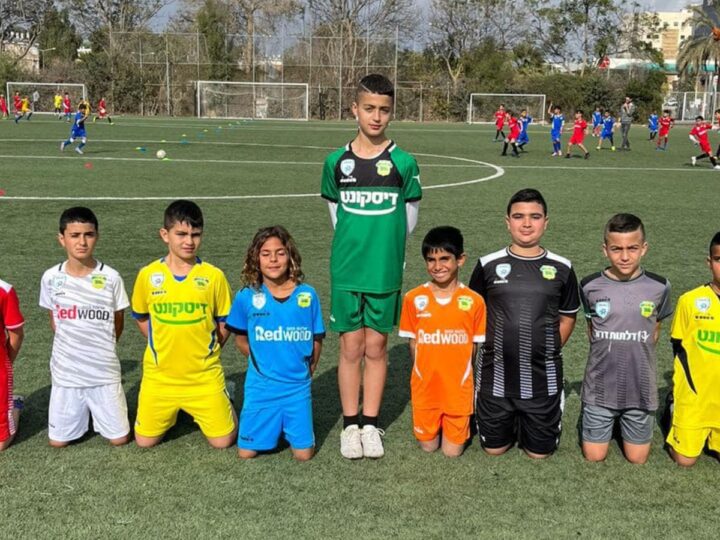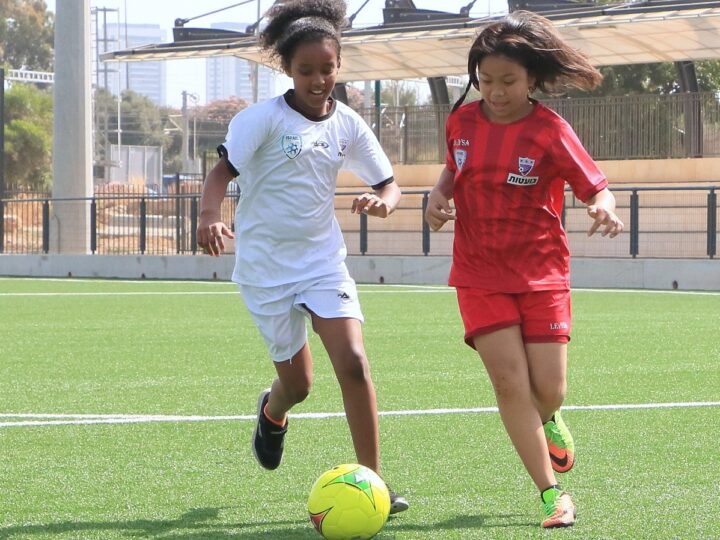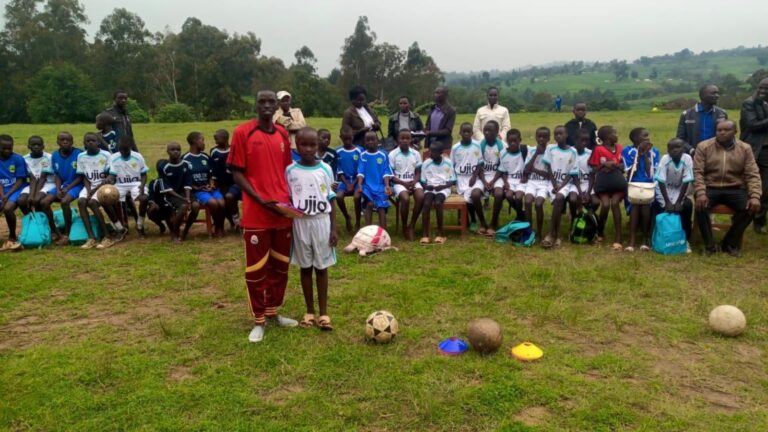The Equalizer (Sha’ar Shivyon in Hebrew) brings together at-risk schoolchildren for two weekly sessions each of academic tutoring and football (soccer) training.
The nonprofit organization has been so successful in its eight years of existence – now encompassing kids from 200 schools – that the leaders were invited to the Serbian Ministry of Health in Belgrade to train officials interested in establishing a similar program there.
Last summer, The Equalizer founder and CEO Liran Gerassi met Serbian Health Ministry official Yelena Yankovic at a Helsinki conference sponsored by MASHAV – Israel’s Agency for International Development Cooperation, on preventing teenage alcohol and substance abuse.
“I told all the representatives there about the program, and there was great excitement, mostly from the Serbian, Portuguese and Cypriot representatives. But Yelena was the first to take the initiative, and after a lot of information gathering, including survey and evaluation results in Israel, she succeeded in receiving funding for training and establishing the program,” said Gerassi.
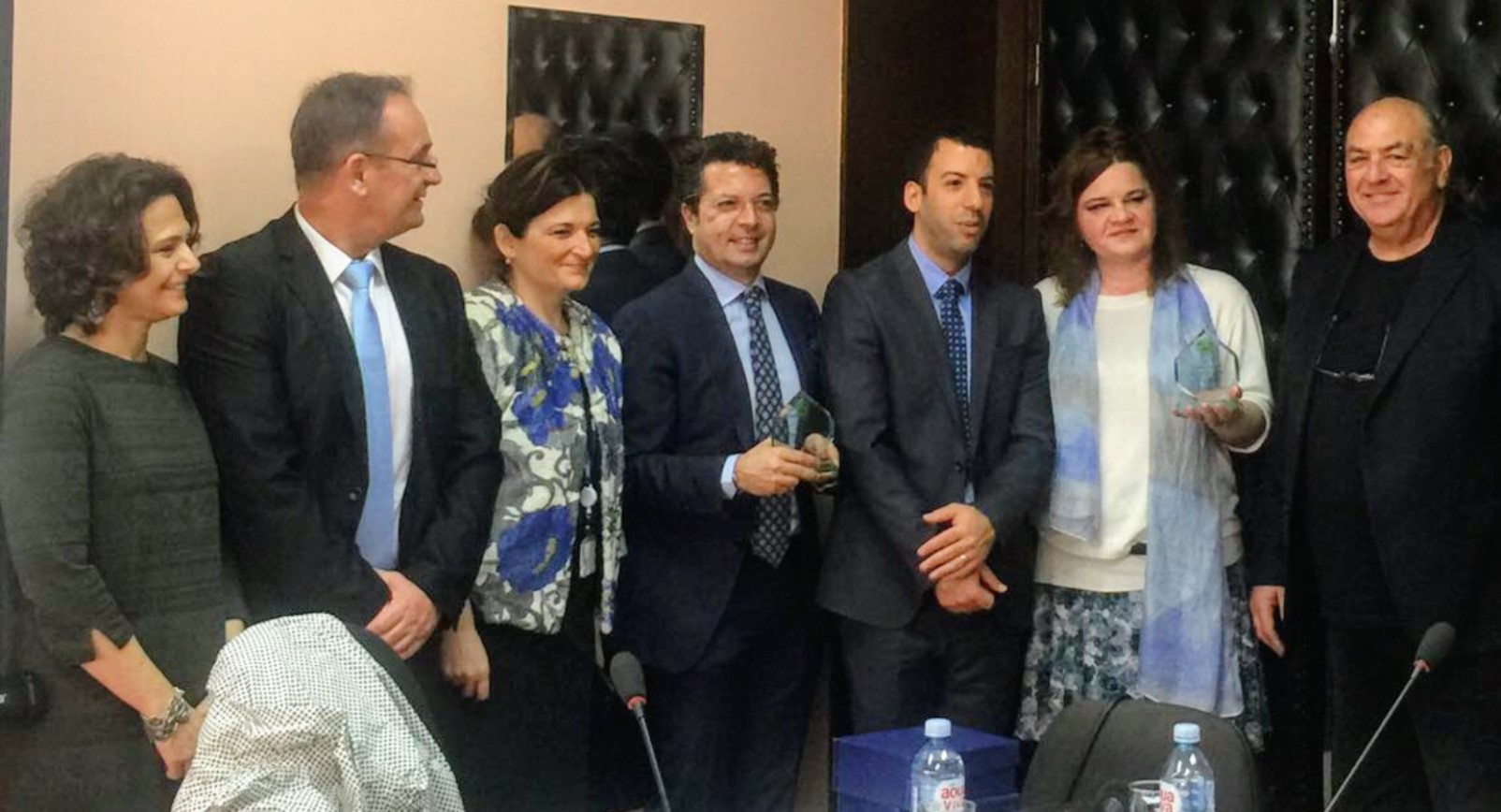
Gerassi started The Equalizer in seven Jerusalem schools when he was a student at the Hebrew University of Jerusalem.
“During my first year of studies I volunteered to teach Hebrew to elderly new immigrants from Ethiopia and in my second year I decided to set up a project for their children,” he told ISRAEL21c in an interview last July.
The Equalizer’s study centers and sports activities include Muslims, Bedouins, Jewish immigrants, Druze, and children of African refugees, aged nine to 14, chosen by participating schools.
“The program is simple – football teams are run through schools in the after-school hours for children who otherwise would not be able to participate. Participation in practices and monthly regional tournaments is conditional on the children’s academic and behavioral performance in school and their participation in The Equalizer’s study center, which is an integral part of the team’s activity,” says Gerassi.
Simple and ingenious
The week-long training at the end of February drew education, youth, sport and health ministry representatives, elementary school counselors, sports professionals, educators and youth representatives from Belgrade and Novi Sad.
Gerassi and Prof. Yossi Harel-Fisch from Bar-Ilan University’s School of Education taught the Serbians how to build a work plan, recruit and train volunteers, handle marketing, social media, logistics, operations, and organize events.
Harel-Fisch, who is also the head scientist at the Israel Anti-Drug Authority, taught about child welfare and educational approaches, and shared survey results about the program’s effectiveness. He and Gerassi did role-playing simulations where participants practiced dealing with a problematic child in the sports and study-center settings.
“When the trainees learned the model, they were amazed. ‘It’s so simple, it’s ingenious!’ they said,” Gerassi reports.
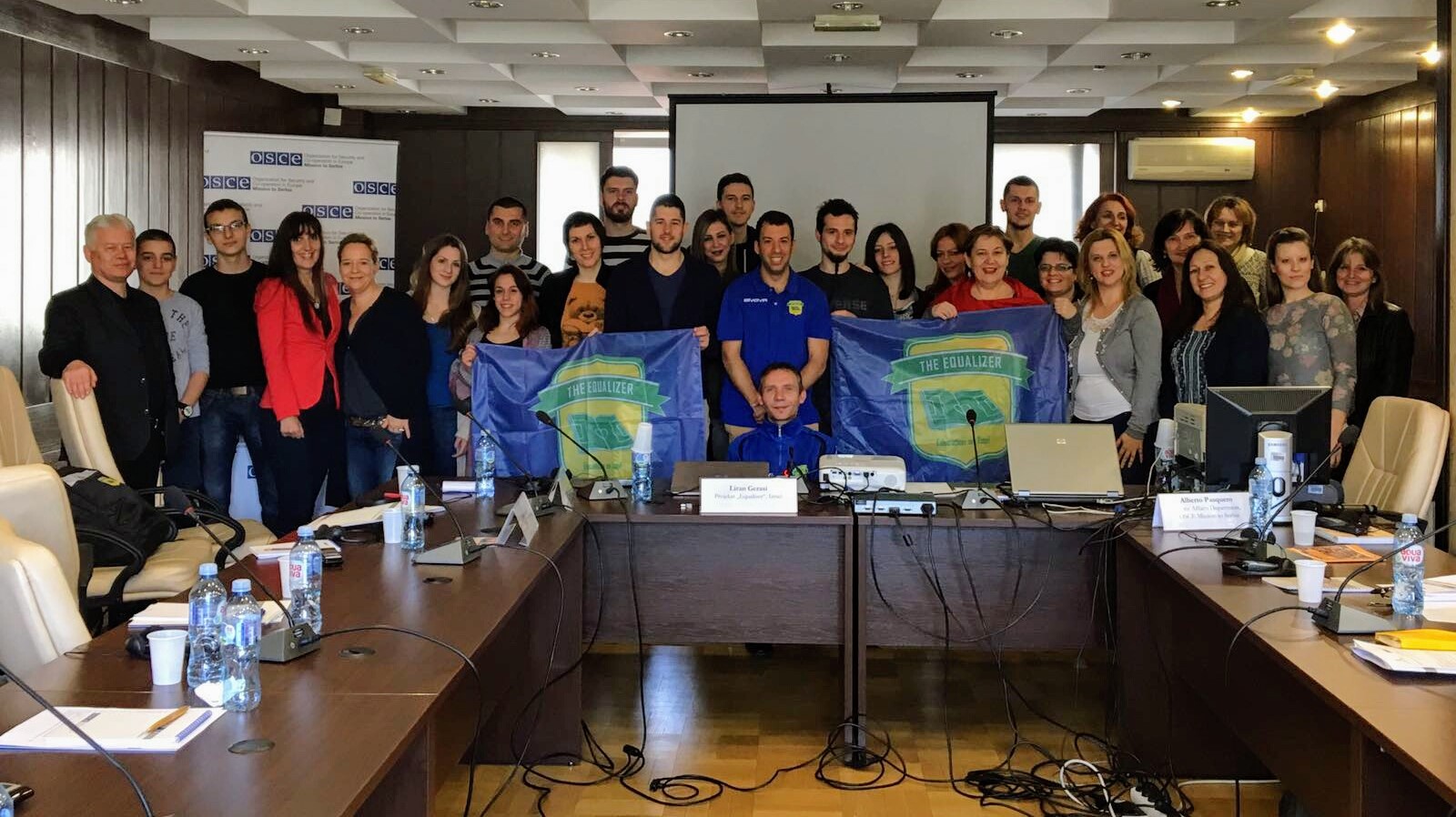
Also present at the training — held in English and Serbian, with simultaneous translation on headphones throughout the week — were officials from the Israeli Embassy in Belgrade and from the OSCE (Organization for Security and Cooperation in Europe) Mission to Serbia.
“The Equalizer will serve the future trainers as the base to design and conduct similar activities in Serbia with the aim to promote values of mutual respect and tolerance, and to prevent risk behavior, drug abuse and violence among children age nine to 16,” Israeli Ambassador Alona Fisher-Kamm tells ISRAEL21c.
In her keynote address at the start of the training, Fisher-Kamm mentioned “the role of MASHAV as the aid agency of the Ministry of Foreign Affairs and the fact that this training represents a step further in implementation of courses we distribute regularly.”
She said the Israeli Embassy will be glad to support and take an active part in program implementation in schools. Initially, the Serbian government will implement The Equalizer model into 10 or 12 schools.
“It gives us great pride to know that a foreign country is investing so much to implement a model we developed here in its schools,” Gerassi said. “I have no doubt that this is just the beginning, as there are already additional countries interested in implementing our program as well.”
For more information, click here.




